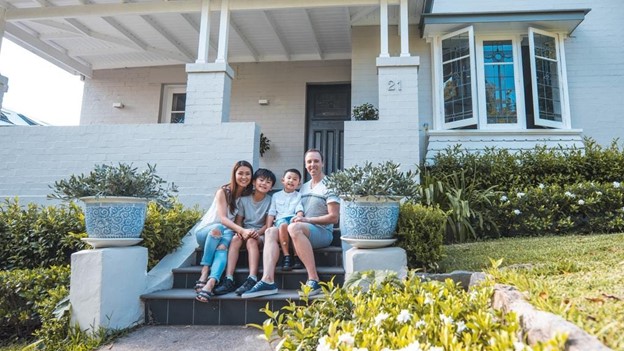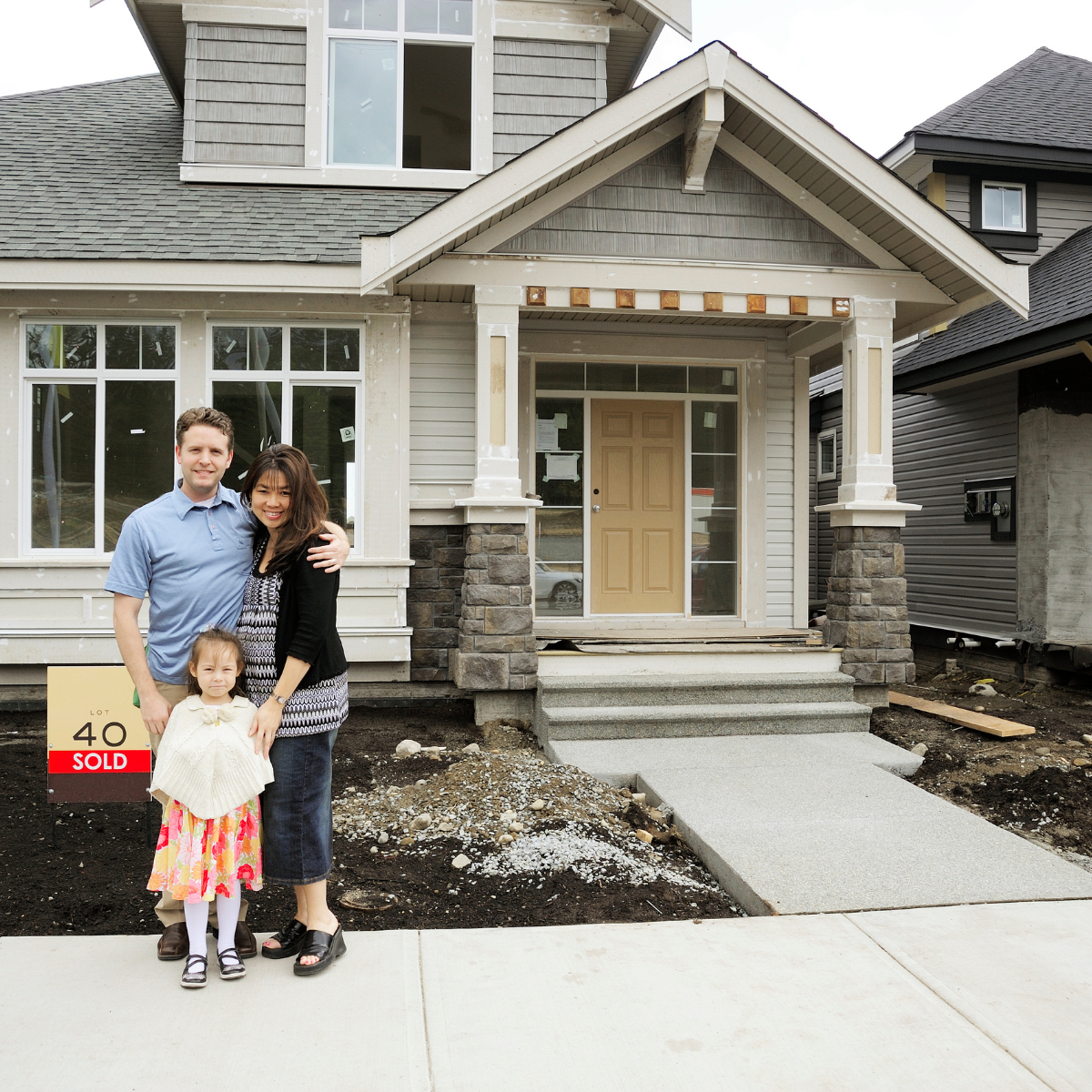Are you ready to put your house on the market? Congratulations! As you start the process of selling your home, a common question sellers and buyers ask is why do I need a real property report (RPR)? An RPR is an important document that helps protect both the seller and the buyer. It provides evidence of the condition of the property and its boundaries. Here’s what you need to know about why an RPR is important for any residential sale.
What Is a Real Property Report?
Simply put, an RPR is a legal survey that outlines the boundaries of a property and details any encroachments. The survey includes fences, decks, or other structures that are located within the boundaries of your property. A surveyor prepares the RPR by visiting your property to measure your property’s boundaries and the structures located on it. The surveyor will then prepare a report detailing what they have found. This report includes any encroachments of structures onto or from neighboring properties.
Why Is an RPR Necessary for a Home Sale?
Having an RPR helps protect both buyers and sellers in a home sale. For buyers, an RPR gives them peace of mind knowing that they are purchasing exactly what they have agreed upon with no surprises down the line. For sellers, an RPR helps ensure that any existing encroachments on their property won’t come back to haunt them after the sale has been completed. Additionally, having an RPR can help prevent potential legal action between the buyer and the seller should there be any disputes over boundary lines after closing day has come and gone.
Who Pays for an RPR?
The seller is generally responsible for paying for the RPP. The Alberta real estate contract requires that the seller provide the RPR. Unless the Seller specifically negotiates with the seller not to provide the RPR, the seller is required to provide it. Sometimes a buyer may be willing to accept title insurance in lieu of a real property report.
How long is an RPR valid?
An RPR can be valid so long as no changes or alterations have been made to the property. Such changes could include installing new decks, patios, fences, driveways, and garages.
In summary, as a seller, providing a buyer with an up-to-date real property report during the home-selling process is essential to ensuring both parties are fully informed and protected during this big transaction. An RPR can help provide peace of mind for everyone involved in the sale and smooth out any potential issues down the line concerning boundary lines or encroachments on either side of the transaction. If you’re looking to sell your home soon, make sure you get an updated real property report before making it official!
Hi! I’m Erin Crocker. I’m a real estate lawyer with over 10 years of experience in Alberta and British Columbia real estate law. I love technology and efficiency. I’m on a mission to create a modern, digital closing experience for buyers and sellers through technology, transparency and sharing knowledge.









